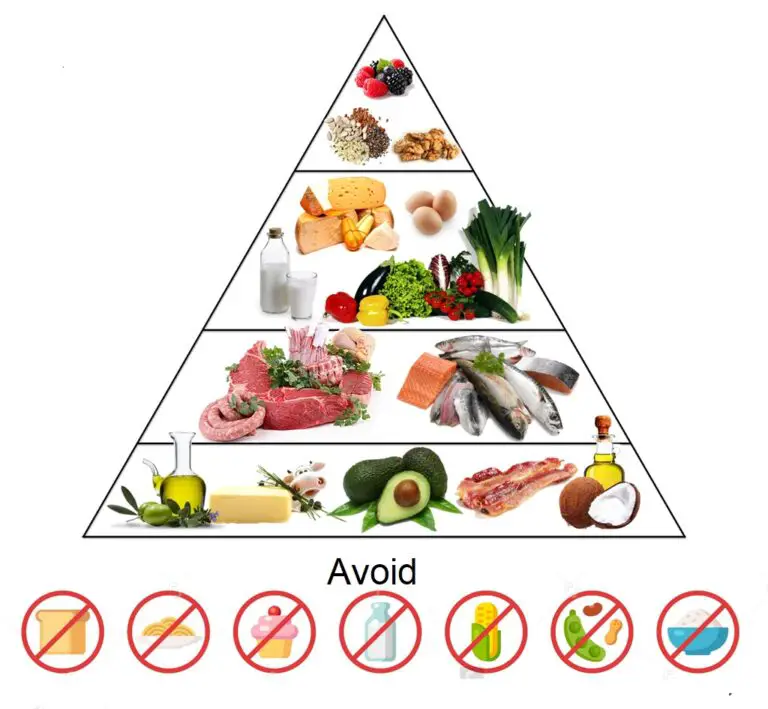7 Benefits Low Carb Diet

What is a Low Carb Diet?
‘Low’ or ‘reduced’ carb diets have no recognised definition, which might be confusing. While research frequently employs a variety of categories, in general, a lower-carb diet is one in which between 20 and 30 percent of your total daily energy intake comes from carbohydrates. This equates to about 130g of total carbohydrates per day.
In order to put this into perspective, consider the following examples, each of which contains about 15g of complex carbs per serving:
A medium potato or sweet potato weighing 80g cooked or 12 uncooked.
1 thin wholegrain or wholemeal slice of bread.
12 a bread roll or pita made from whole wheat.
Wholemeal wrap for half.
20g of uncooked brown rice or 50g (about 1/2 cup) of cooked whole-wheat pasta.
20g of uncooked wholegrain cereal, oats, or wheat flakes (about one-third cup); or one wheat biscuit.
When you do consume carbohydrates, go for sources that are richer in fibre, like sweet potatoes, oats, or wholewheat pasta.
Compared to carbohydrates that have less fibre (such white rice, white bread, or white pasta), these have a bigger molecular structure. Fibre offers various benefits, including making us feel fuller for longer.
Aim for consuming 1-3 servings of complex carbs daily if you are on a lower-carb, balanced diet.
Advice on eating lower-carb foods
Simple substitutions for low-carb meals in your meal’s carb component are a great way to continue enjoying the things you love while yet cutting back on the amount of carbohydrates. Some of our preferred swaps are listed below:
Substitute cauliflower rice for rice.
Suggestion: Replace spaghetti with spiralized courgette.
Replace mashed potatoes with mashed cauliflower.
Zoodles (spiralized courgette) can be substituted for noodles.
Replace potato chips with celery chips.
Change lettuce cups for tortilla wraps.
Roast carrots instead of roast potatoes.
Kale crisps should replace potato crisps.
A low-carb diet can offer a variety of benefits for those who adopt it as a lifestyle. Here are seven benefits of a low-carb diet:
Weight Loss

A low-carb diet has been shown to be an effective way to lose weight. By reducing your intake of carbohydrates, your body is forced to burn fat for energy instead of relying on glucose from carbs. This can result in a significant reduction in body fat, which can lead to weight loss. A healthy low carb diet can reduce appetite (1) leading to weight loss. Also studies show that when you cut carbs and eat more protein and healthy fat, less calories are consumed in a day.
Diets low in carbohydrates have been found to help people lose weight. Your body changes to burning fat as its main fuel source when you eat fewer carbohydrates, which can cause your body weight to decrease.
Improved Blood Sugar Control

Diets low in carbohydrates, particularly for those with diabetes or prediabetes, may help control blood sugar levels. The body produces less insulin when you consume less carbohydrates, which can help keep your blood sugar levels stable.
A low-carb diet can help improve blood sugar control, especially for people with type 2 diabetes. By reducing carbohydrate intake, the body produces less insulin, which can help stabilize blood sugar levels and reduce the risk of insulin resistance. Scientific studies have proven that lowering carbs decreases both blood sugar and insulin levels (2, 3). It is important to remember to talk to your doctor before you change your diet if you take medication for blood sugar.
Lower Risk of Cardiovascular Disease

A low-carb diet has been shown to reduce the risk of heart disease by reducing blood pressure, triglycerides, and LDL cholesterol levels.
Increased Energy and Focus: When you reduce your intake of carbohydrates, your body switches from using glucose as its primary energy source to using ketones. Many people report feeling more energized and focused when following a low-carb diet.
Reduced Inflammation

A low-carb diet can help reduce inflammation in the body, which is linked to a variety of health issues, including chronic diseases like arthritis and Alzheimer’s disease.
Improved Digestive Health
A low-carb diet can help improve digestive health by reducing inflammation in the gut and promoting the growth of beneficial bacteria in the gut.
Better Mental Health
Some research suggests that a low-carb diet may help improve mood and reduce symptoms of depression and anxiety (4). This may be due to the increased production of serotonin, a neurotransmitter that plays a role in regulating mood.
Low Carb Diets

Me encanta cocinar y escribir, tengo un Certificado de Nutrición de Inicio y un diploma de Nutrición Completa acreditado por CTAA y una Certificación de Entrenador de Salud de Nutrición Keto. Creo firmemente que comer sano es la clave para vivir una mejor calidad de vida. He tomado un curso de Terapia Nutricional que me ha dado las bases para comer saludablemente.











